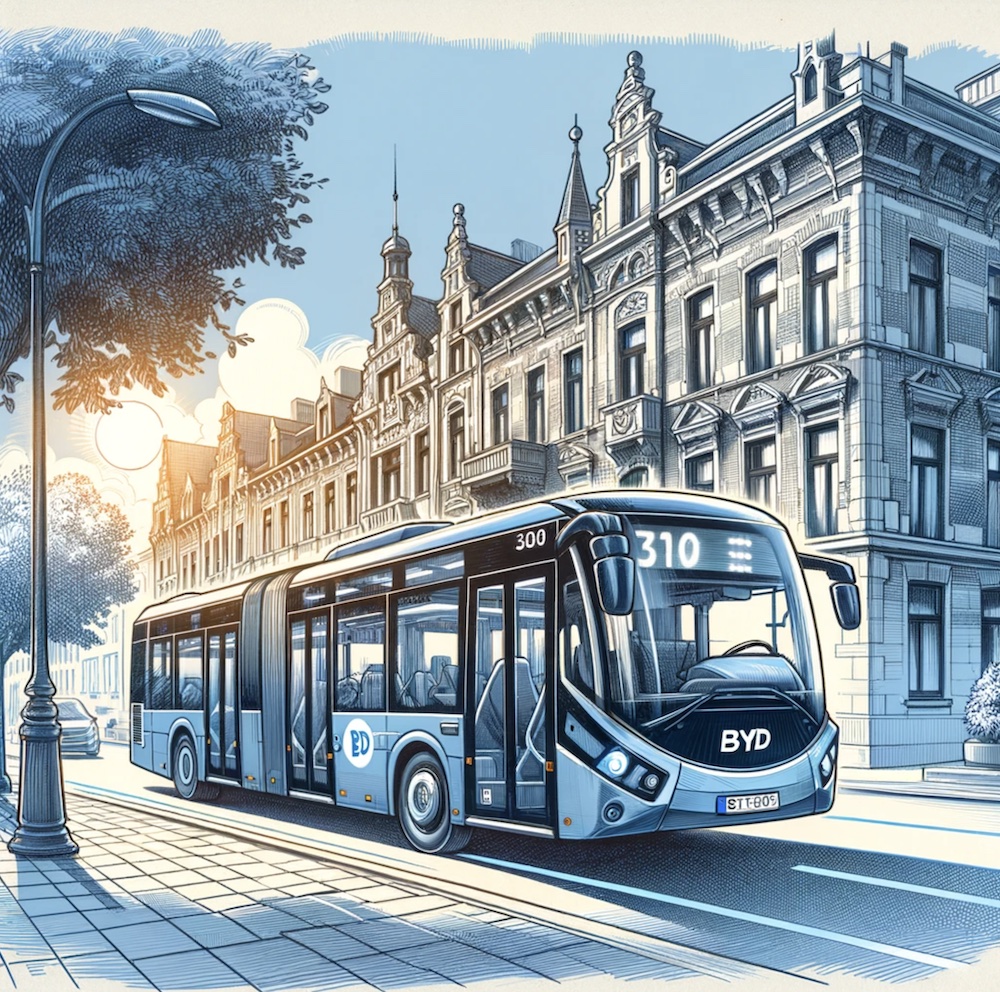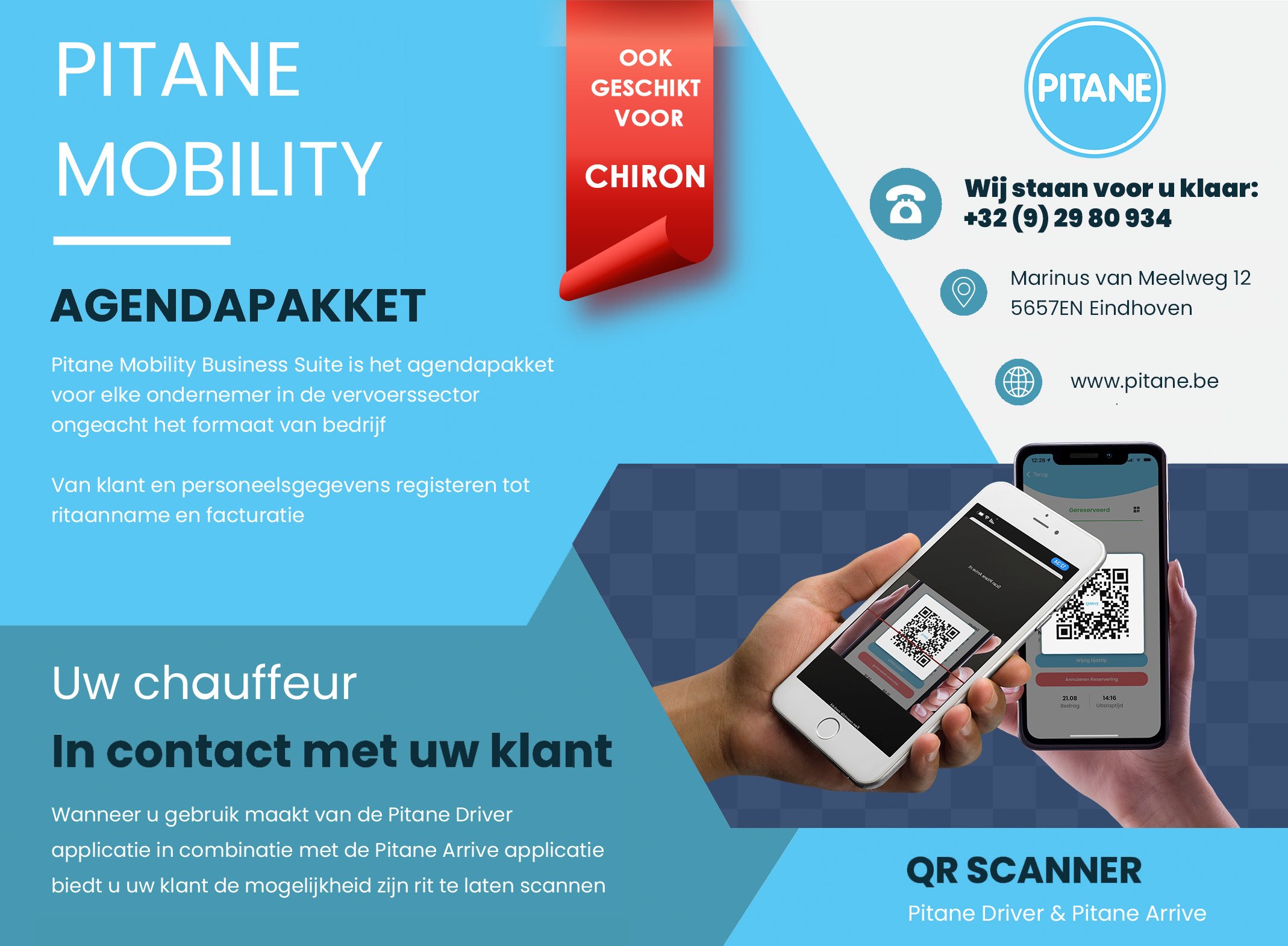Isbrand Ho, managing director of BYD Europe, said: "These are machines that you make and operate with people and you always have start-up problems. At the same time, every issue is and was one too many. We do not run away from our responsibilities."
Electric bus construction is at a turning point with the recent purchase of 92 electric buses by Flemish transport company De Lijn from Chinese manufacturer BYD, a move that has attracted both praise and criticism. De Lijn's choice of BYD, the world's largest producer of electric vehicles, highlights the competitive prices and technological advances offered by Chinese companies. With a saving of over 100.000 € per bus compared to European manufacturers, this deal promises significant cost savings. But, as is often the case with such deals, the question arises: is cheap ultimately expensive?
The reliability of BYD's electric buses has previously been questioned, especially in the Netherlands, where complaints about ergonomic issues and technical faults have emerged. Drivers suffer from wrist, neck and back problems, and some buses may stop unexpectedly. Despite these issues, Isbrand Ho, managing director of BYD Europe, underlines the importance of addressing any issue, no matter how small, and confirms that BYD will bear the costs of any issues.
However, De Lijn's choice of BYD is not without its defense. The Flemish transport company emphasizes that the buses ordered will have all the necessary comfort for both travelers and drivers, and will be built in Hungary, with deliveries planned from early 2025. This step is part of a broader initiative to meet zero-emission targets, something where the quantity and speed of delivery by European manufacturers such as Van Hool and VDL, despite their quality, prove to be a limiting factor.

"Van Hool and VDL will never be able to supply the quantity of electric buses that De Lijn needs to achieve its zero-emission targets. It is logical that it looks to other bus builders. The first order for electric buses has been placed with them. They had to will be delivered in 2022, but there was a huge delay, especially at VDL, which is still in a test phase, while it should have delivered 24 buses. If problems also arise with the BYD buses, other bus manufacturers will come to the fore again. "
Geert Van Lierde, journalist at Passenger Transport Magazine.
Experts in passenger transport, such as Geert Van Lierde from Passenger Transport Magazine, highlight the need for De Lijn to diversify its fleet to achieve its ambitious sustainability goals. Van Lierde emphasizes that while European manufacturers are eligible for future orders, the inevitable delays and higher costs of their vehicles necessitate a broader view. The choice of BYD, despite its previous problems, reflects a pragmatic approach to meeting the current and future needs of public transport.
These developments come at a time when the transition to electric transport is central to global efforts to combat climate change. With more than 3 million kilometers traveled by electric buses and 2 million kilos of CO2 emissions saved, the potential environmental impact of such initiatives is significant. However, operational challenges and the need for careful consideration of costs versus benefits remain important considerations for transportation companies worldwide.
In the context of these developments, De Lijn's choice for BYD remains an important point of discussion, both within the industry and among the public. While some point to the economic benefits and progress in sustainability, others underline the potential risks and challenges associated with such decisions. As the situation unfolds, time will tell whether De Lijn's strategic bet on BYD represents a sustainable step forward for public transport in Flanders.
Photo: De Lijn




